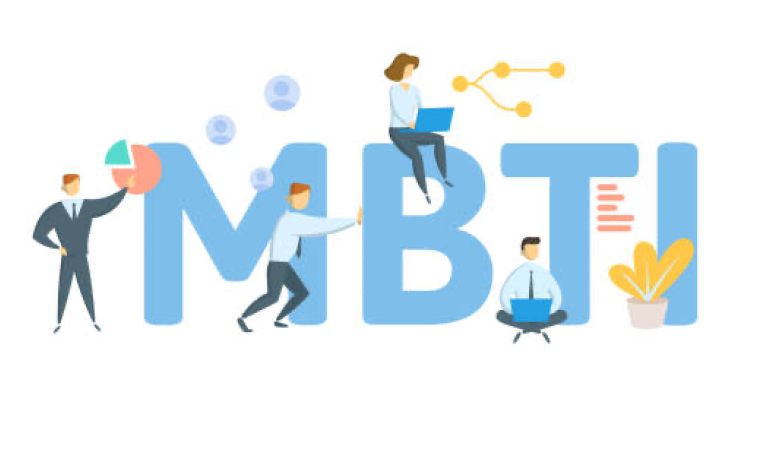
The Myers-Briggs Type Indicator (MBTI) is primarily known as a personality assessment tool, but it also includes sections that can help individuals understand their competencies and career interests. The MBTI provides insights into skills and preferences that can guide personal and professional development. The MBTI assesses personality by categorizing individuals into one of 16 distinct personality types based on four key dimensions: Extraversion (E) vs. Introversion (I), Sensing (S) vs. Intuition (N), Thinking (T) vs. Feeling (F), and Judging (J) vs. Perceiving (P). These dimensions describe how people interact with the world, process information, make decisions, and organize their lives. Understanding one’s personality type can offer deep insights into natural strengths, potential growth areas, and preferred work environments. One of the significant advantages of the MBTI is its ability to illuminate how personality traits influence professional behavior and career choices. Each personality type is associated with particular strengths and preferences that can be linked to specific skills and competencies. For instance, an individual with a preference for Intuition (N) and Thinking (T) might excel in strategic planning and analytical tasks, while someone with a preference for Sensing (S) and Feeling (F) might be particularly skilled in practical, empathetic roles such as counseling or teaching. The MBTI also provides valuable insights into career interests and suitability. By understanding their personality type, individuals can identify career paths that align with their natural preferences and strengths. The assessment offers guidance on which professions may be most fulfilling and where they are likely to excel. For example, an introverted individual who values structure and detail might thrive in a career in accounting or data analysis, while an extroverted, intuitive person might find success in roles that involve creative problem-solving and innovation, such as marketing or entrepreneurship. Additionally, the MBTI can help individuals understand their preferred work environments and team dynamics. Knowledge of one’s personality type can guide the selection of roles that offer the right balance of autonomy, collaboration, and structured versus flexible working conditions. This understanding can lead to increased job satisfaction and productivity, as individuals are better able to seek out and create environments that support their natural work style. The MBTI’s insights into skills and preferences are also useful for personal development. By highlighting areas of strength and potential improvement, the assessment can inform targeted development plans. Individuals can focus on honing their strengths while also working on areas that may require growth. For instance, someone with a natural aptitude for strategic thinking might seek out opportunities to develop their interpersonal skills to become a more well-rounded leader. For organizations, the MBTI is a powerful tool for team building, leadership development, and talent management. Understanding the personality types of employees can help managers create more effective teams, improve communication, and develop leadership strategies that leverage the strengths of each team member. The MBTI can also inform hiring decisions and professional development programs, ensuring that employees are well-matched to their roles and have opportunities for growth that align with their natural preferences and skills. Overall, while the Myers-Briggs Type Indicator (MBTI) is primarily a personality assessment, its sections on skills and preferences make it an invaluable tool for understanding competencies and career interests. By providing detailed insights into personality traits and how they influence professional behavior, the MBTI helps individuals and organizations make informed decisions about career development and talent management.
